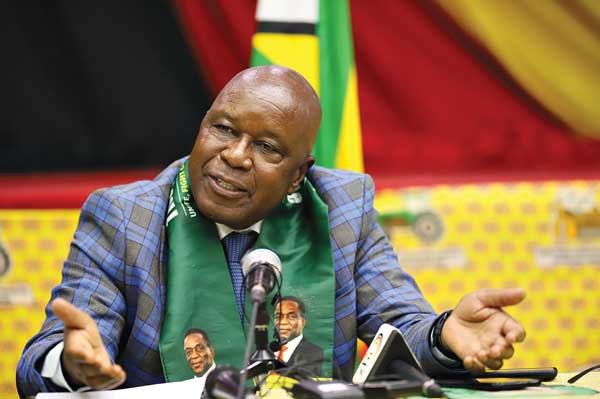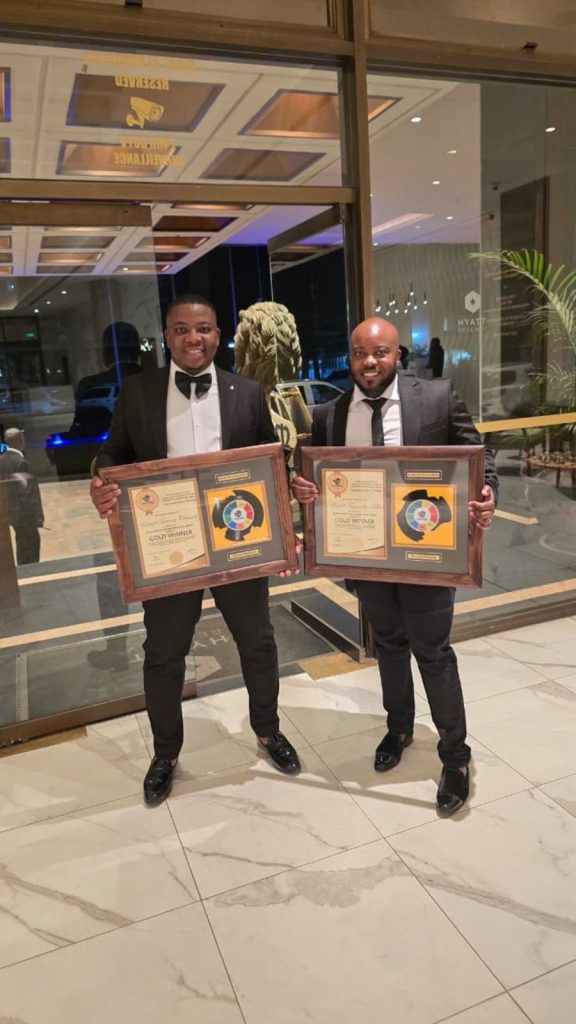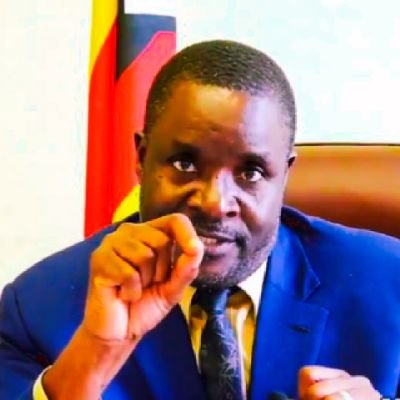By Victor Fanuel
Harare – Zanu PF spokesperson Christopher Mutsvangwa’s attack on business mogul Kudakwashe Tagwirei has triggered fierce debate within the ruling party — and it’s not just about the constitution.
On Monday, Mutsvangwa publicly tore into Tagwirei, labelling him “unelectable” and accusing him of trying to “buy the party.”
“He must go to his district and start afresh. He’s not from any branch. The constitution does not allow that,” he said.
The statement was more than a rebuke. It was a political grenade.
Insiders say the outburst was a calculated shot — not only at Tagwirei, but at Vice President Constantino Chiwenga.
“This is not about rules. It’s about power,” one party insider told this publication.
The internal succession race has now become a ruthless three-way contest.
Tagwirei, with his economic empire rooted in state tenders and fuel monopolies; Chiwenga, with command of state machinery and military backing; and Mutsvangwa, the war veteran invoking revolutionary legitimacy and claiming to be the custodian of institutional memory and ideological fidelity — together form the axis of Zanu PF’s internal power struggle.
Mutsvangwa’s critics argue that while the ruling party strong man claims to defend party constitutionalism, he’s actually playing a deeper game.
They recall his silence during the 2017 coup that brought Chiwenga into the vice presidency, without a single district structure or vote.
Now, the same man is demanding procedural orthodoxy.
“We don’t allow people to be bought into Zanu PF. It’s a revolutionary party, not a tenderpreneurs’ club,” Mutsvangwa declared.
Analysts see more than principle. They see positioning.
In attacking Tagwirei’s money, Mutsvangwa casts doubt on financial influence.
By invoking rules, he subtly challenges Chiwenga’s military-backed ascent.
In one stroke, he challenges two rivals — one with cash, the other with guns.
This is classic Mutsvangwa: tactical, opportunistic, bold.
He was pivotal in the 2017 anti-Mugabe campaign, rallying war veterans and shaping public opinion.
Now, he’s repackaging that legacy as political currency — aiming not to advise the throne, but to claim it.
He lacks Tagwirei’s billions and Chiwenga’s command — but he has memory, language, and ideology.
That’s the narrative he’s pushing.
Observers say his sudden zeal for constitutional order is less about principle, more about seizing momentum.
By dressing ambition as discipline, he’s framing himself as the party’s moral centre — and heir to its future.
In Zanu PF, rules are often elastic.
However, Mutsvangwa is using them as a scalpel — slicing into Tagwirei’s influence, then bruising Chiwenga’s legacy.
His gamble is now exposed. And it may redraw the party’s succession path.
The question no longer is who violated the rules.
It’s who gets to rewrite them.



